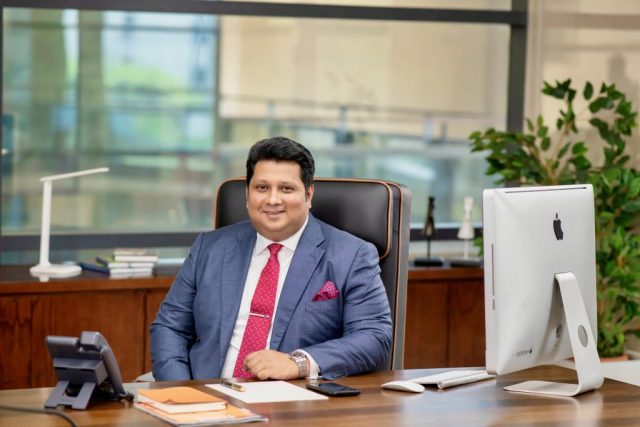Tanjil Chowdhury
Chairman
Prime Bank
Managing Director
East Coast Group of Companies
Wouldn’t it be a jumbling and circuitous stand for a nation if there is no monetary system? As much as the monetary system is vital for a country, the banks hold the lion’s share of the role to keep a country economically running and stable. Of all the banks in Bangladesh, Prime Bank is one of the most resilient banks that play a vital role from its inception. At present, Prime Bank Ltd. is a holding company that engages in the provision of financial and banking services. It offers all kinds of commercial corporate and personal banking services. It operates through Corporate & Institutional Banking, Commercial Banking Division, MSME, and Consumer & Others. Prime Bank was founded on February 12, 1995, and is headquartered in Dhaka, Bangladesh.
Thousands of skilled and talented individuals from Prime Bank provide tremendous efforts to implement its mission and vision. Mr. Tanjil Chowdhury, Chairman of Prime Bank, is one of them. With all efforts and dedication, he is on his way to building Prime Bank Limited into an efficient, market-driven, customer-focused institution with an excellent corporate governance structure.
Apart from being the Chairman of the Prime Bank, Mr. Tanjil Chowdhury is the Managing Director of East Coast Group (ECG). ECG has more than 40 years of experience in Downstream Hydrocarbons. They specialize in last-mile Oil & Energy operations. Renewable Energy, like, Solar Power, is a growing strength of their diversified conglomerate. Mr. Tanjil has vested 14 years in this company in various roles and now leading from the front to take ECG to the newer pastures on the near horizon.
He completed his Master’s in International Management (Finance) from King’s College London. He is also a keen golfer and has achieved many laurels in this sporting arena. In an exclusive interview with The InCAP, Mr. Tanjil Chowdhury shared his immediate priorities for the Prime Bank, FinTech adoption at the bank, the dollar crisis, economic challenges, and his involvement in the Oil and Energy sector. He also shared his childhood experiences, educational enlightenment, and so on.
To learn about his incredible journey over the years, please read on and don’t miss any word!
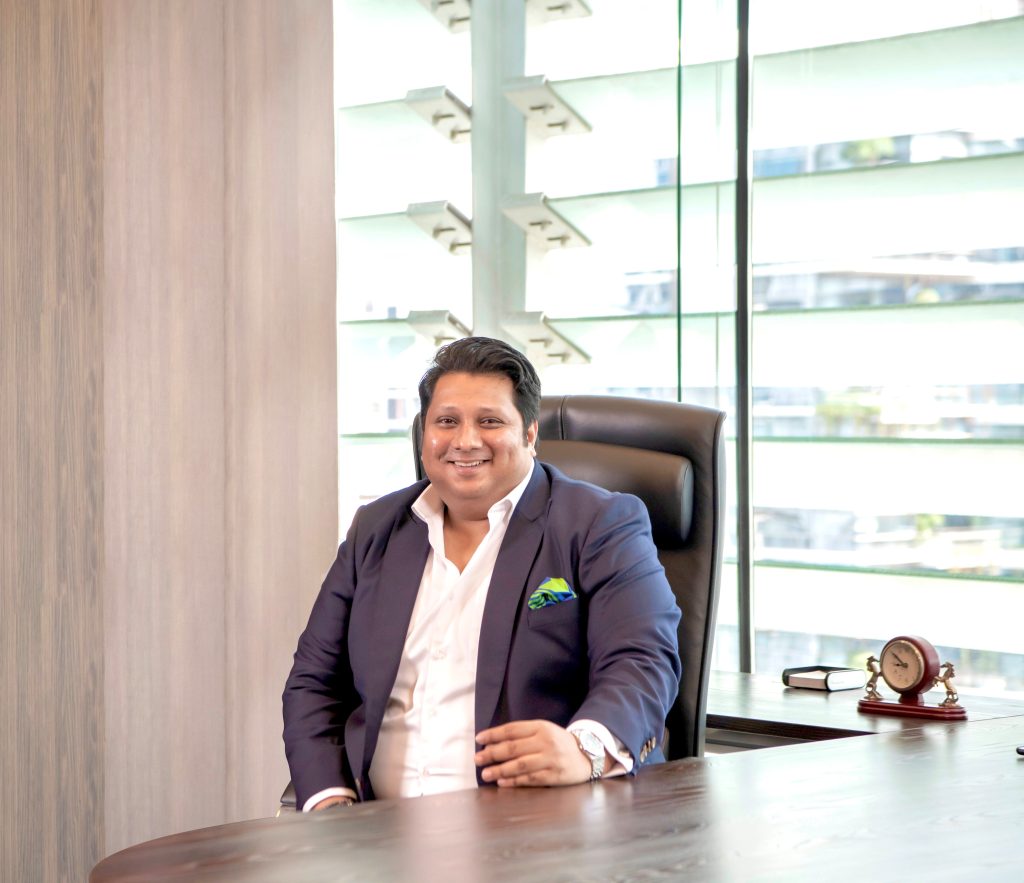
Cogitation of Work
The InCAP: Heartiest Congratulations, Mr. Tanjil Chowdhury! It’s a matter of pride that you have been re-elected as the Chairman of the Prime Bank. What are your immediate priorities? What issues will you look at first?
Tanjil Chowdhury: Thank you for your generous praises. The fact that we (PBL) had a strong performance coming into FY 2022 meant we had to up the ante in terms of maintaining consistency of our growth in an extremely challenging business environment while pledging ‘great expectations’ that we had set ourselves.
We had a collective vision to stay grounded and be very cautious with exposure to risks, being prudent with our provisioning and building on our strong capital base to absorb any anticipated hindrances. I clarified our esteemed bank’s infrastructure development (both front and back end), talent nurturing/acquisition, technology adaptation, and product/service innovation. Recovery of written-off assets and bad loans was also a necessary area of focus.
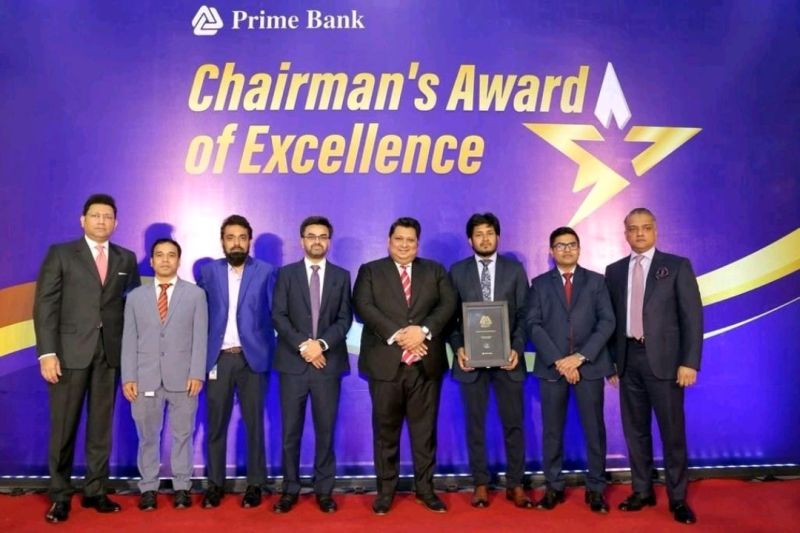
As technology in general and FinTech change the financial industry globally; hence, we are interested to know regarding the general tech adoption at Prime Bank directly from you.
The usage or implementation of financial tech and automation has facilitated Prime Bank to offer banking solutions by leveraging connectivity, mobile technologies, data analysis, and artificial intelligence. Redefining our value proposition to encompass digital innovation is along with traditional values. This permits us to conceive banking in a completely new light; serve a TG/demographic who were un-bankable in the past or inaccessible due to scale.
We have launched a salary advance loan, ‘PrimeAgrim’ to blue-collar garment workers with a record-breaking processing time of less than 4 minutes, the fastest nano-loan sanctioning in Bangladesh. The solution is fully AI-based and has a machine learning engine that dynamically formulates an ‘alternative credit scorecard’ and even fosters financial literacy through quick e-learning. I am delighted to reveal that ‘PrimeAgrim’ has won prestigious accolades internationally and domestically for Fintech innovation.
Prime Bank’s internet banking ‘MyPrime’ users can now enjoy the benefits of ‘Zero Barrier Applications’ and faster approvals, higher efficiency, automated customer service, stronger security, and risk-averseness. In addition, we have overhauled our entire internet banking interface. Now, our patrons can seamlessly make fund transfers, utility payments, MFS transferals, credit card management, QR code payments, and loan and deposit-scheme applications with a touch of a button.
We have successfully worked on process optimization, developing an automated CIB checking system with a click of a button, making us more operationally efficient.
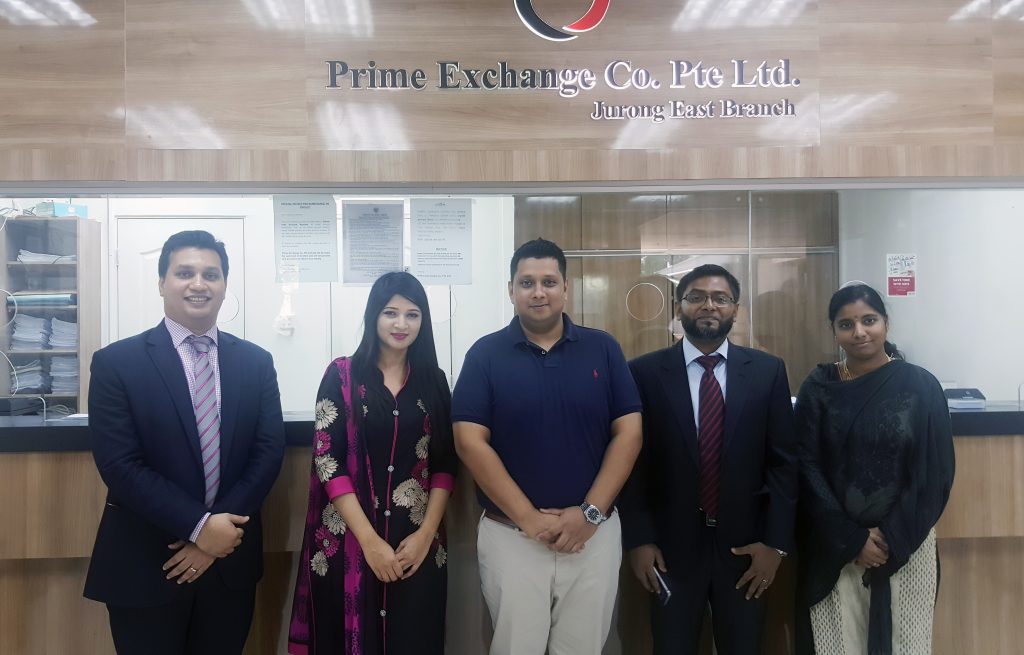
According to an analysis of the banks’ profits through dollar sales, Prime Bank posted a 504% or Tk. 126 crore year-on-year growth in income in January-June of 2022. How do you see this situation, and what would your message be to your customers?
Prime Bank registered significantly higher growth in both import and export business in the first half of 2022 compared to the same period in 2021. In this period, FX settlement is being done at the prevailing market rate.
Moreover, Prime Bank was in a significantly overbought position in dollar currency at the beginning of the year 2022, and the bank sold this currency at the prevailing market rate, which in turn contributes to the higher FX income.
Furthermore, the FX revaluation rate (USD/BDT) increased significantly from 85.40 to 93.45 in the first half of 2022. These are the main contributors to higher FX income in the first half of 2022. Prime Bank will work even more closely with customers as a customer-centric and compliant bank during this challenging time.
Banks mostly have to buy dollars from exchange houses by paying at least Tk. 12-15 more than the BC selling rate. As a result, the dollar price stood even at Tk. 107-108. Do you think the banks will have to incur a huge loss as they are following BB directives? And how do you think it can be overcome?
As per the latest letter from the Bangladesh Foreign Exchange Dealers’ Association (BAFEDA) on “Implementation of Uniform USD/BDT Exchange Rates in Foreign Exchange Dealing”, the bank will charge a maximum taka 1.00 as spread over the weighted average buying cost of dollar calculated on 05 days rolling average basis.
Therefore, I do not see that there is any scope for the bank to incur any loss on FX transactions. In my view, FX liquidity is a more pressing issue at the moment, and the government and BB have already taken many measures to improve the situation.
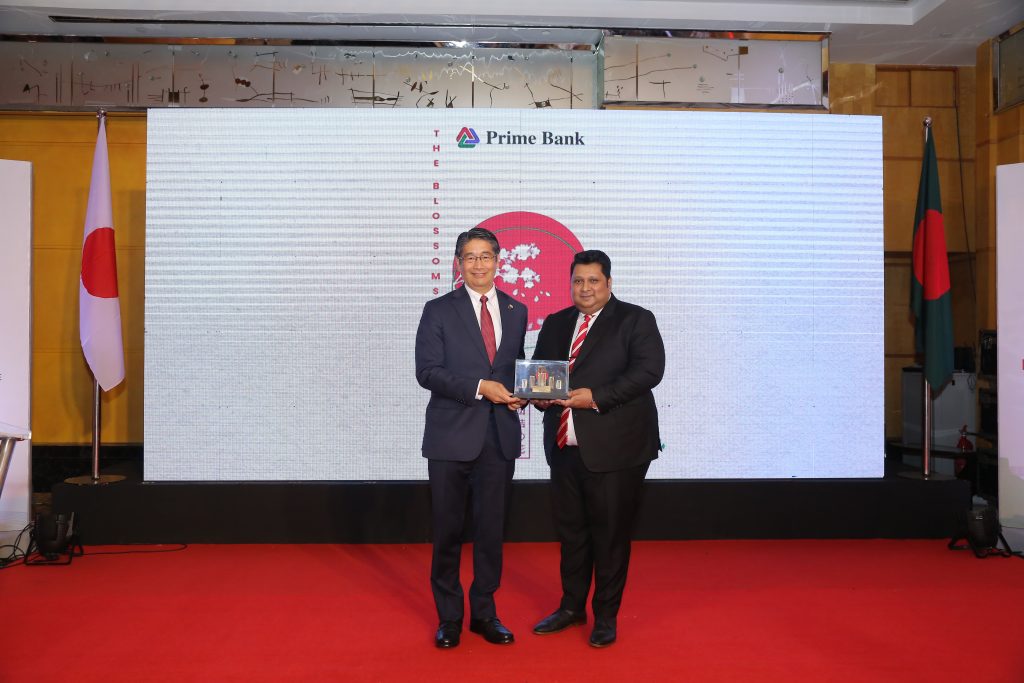
Mr. Tanjil, how entrepreneur-friendly is Prime Bank? What initiatives are you conducting for entrepreneurs as of now?
Prime Bank is extremely friendly towards entrepreneurs. We have a dedicated team working with Micro, Small, and Medium Sized Enterprises (MSME). We have tied alliances with BASIS to support Tech Freelancers, and we are also setting up a tactical fund for startups.
In addition, we have a women’s banking initiative, “Neera” which has been designed and developed by women for women; curated banking asset and liability solutions are available under this program which alleviates and empowers female entrepreneurship. I am happy to announce that our ‘Neera’ center shall be inaugurated on top of our flagship Gulshan branch this winter, exclusively catering one-stop banking solutions to female clienteles and women-led businesses.
What do you think is the biggest challenge in Bangladesh’s economy in recent times?
There are many challenges but not any that I consider we cannot overcome, as an economy we are historically resilient to hardships and challenges. From my perspective, I would say a growing concern is our nation’s ‘brain drain’; we have talent, and we have change-makers, but many seek out opportunities abroad for better pay or lifestyle.
If we cannot come up with a solution fast to retain our home-grown talent, there will not be proficient and skilled people to operate Bangladesh’s imminent growth. We need diligent, gifted, and smart young recruits at the civil service and bureaucracy levels as well. We must create the next breed of leaders in both the private and public sectors.
While Bangladesh has made tremendous advancements in certain industries like RMG and Pharmaceuticals, we have not carried the same momentum in technology transfer to the agricultural sector. The agro-industry is predominantly still following archaic methods of production and more and more land is being taken up by industries. We as an economy must take steps to create import substitutions and proactively try to be more self-reliant where possible.
Bangladesh needs to decentralize Dhaka and Chattogram and create new commercial and trading hubs with their own townships and infrastructure. We need to stop people commuting for work and migrating for better opportunities to these major urbanized concentrations. So, this can only be done by developing similar facilities with good quality of life at accessible prices to rural townships.
We should also unbundle public utility entities and privatize them to make them more efficient and higher revenue generating. Public sector organizations such as Railways, Air and Land ports, (energy) fuel and gas distribution could make a great case for this; mass consumers shall be benefitted from the better structure and professional service deployment as well as increased government earnings.
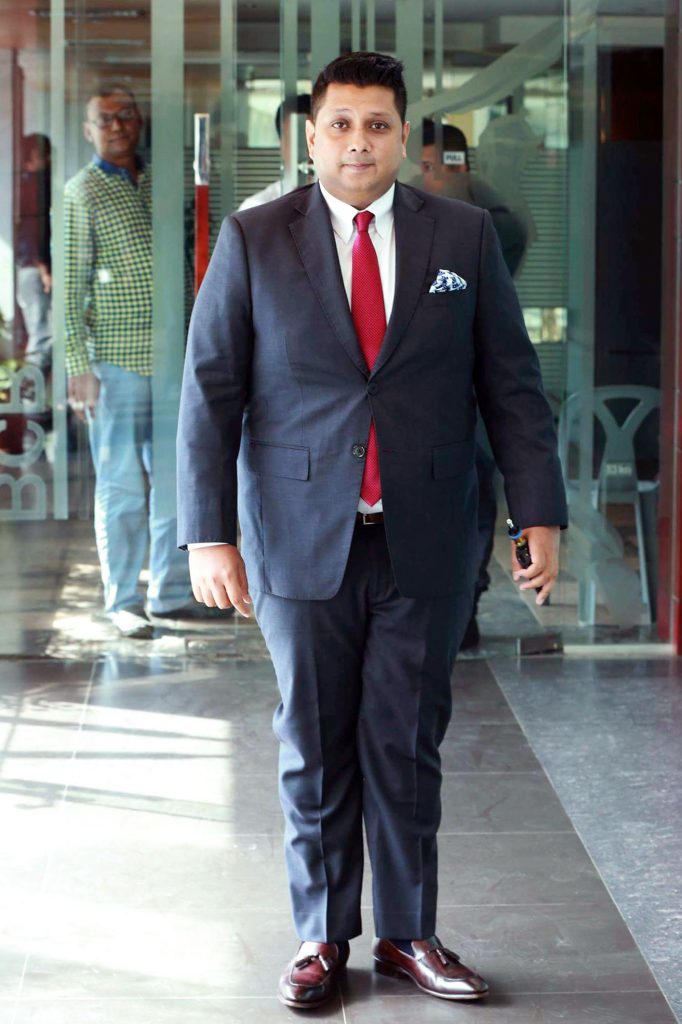
From your perspective, what changes should be made in Bangladesh’s banking and financial sector?
Creating a culture of self-governance is so crucial; bankers know very well what is prudential and how to be risk averse while providing quality banking/financial solutions. Persistent intervention by regulators is not a good sign; sound policies are already there; it just needs to be enforced and relaxed or amended in some cases. It is also the prevalent norm to see policies being drawn to address one or two ‘problem’ banks or FI’s; good performers should be rewarded and motivated.
At the same time, the bank’s sponsors should have less involvement in sanctioning loans or conducting business approvals. We are not quite there yet for full autonomy to management; however, sponsors may focus more on strategic guidance and policy development. I would be keen to see further inclusion of women in Senior Management roles, also as independent and sponsor directors of boards.
The regulator should allow stronger banks to do mergers or acquisitions of problem/weak Banks & FIs. Cross-border synergy should also be encouraged by BB so that Bangladeshi Banks and Financial Institutions may explore other prospective markets and earn foreign currency with low-risk fee-based services.
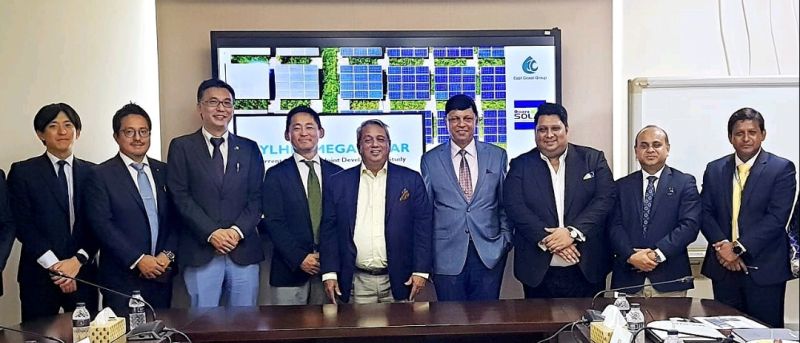
You also serve as the Managing Director of the East Coast Group of Companies. What is the story behind your involvement in the Oil and Energy sector in Bangladesh?
Well, East Coast Group has been engaged in the oil and energy sector for the past 45 years; it was almost natural for me to get embedded within our organic culture as I practically grew up in it. I remember doing internships within various of our group’s verticals as a student; every time I came back during my study breaks, I would join various project teams and learn the trade from them.
I used to accompany my father at a very young age; in fact, while I was at school, even to various public offices and board meetings. I was groomed to be in the corporate World from the age of 15. Once my academic pursuits were completed successfully, I came back and joined the family business immediately. Over several years of working at various levels, I had to earn the position of Group MD, which was certainly not predisposed for me. That’s not how ECG or my father works!!
Although I have a bird’s eye view of the entire conglomerate, I focus on certain areas: shipping, distress asset management, new business, acquisitions, strategic corporate planning, and renewable energy.

The World of solar energy is changing, and Bangladesh is no exception in adopting this technology. However, people in Bangladesh still have inadequate access to this power source. What are the primary obstacles you think, and if these could be solved, what will be the outcomes?
Advances in solar technology are moving rapidly, which is lowering the cost and being more accessible to invest. The Bangladesh Government is proactively campaigning for Green/ Renewable energy and the plea of reducing carbon footprints.
Bangladesh has a success story in developing solar home systems (SHS), which has given electricity access to a large number of people in remote off-grid areas. More than four million SHS installed domestically has uplifted the lifestyle of these impoverished people by providing small-scale power at their homes.
However, the contribution of SHS is meager, about 250 megawatts, which is only two percent of the nation’s Electricity Generation Mix. As per government planning for 2021, 10% of Total Energy was intended from renewable energy sources like solar. This is clearly unachieved, and if Bangladesh is to meet the 30 MW Energy from Renewable Sources, as per National Solar Energy Roadmap 2021-2041, on-grid solar power generation will have to take the lead.
With such a low level of development, it would be impractical to believe that the growth of solar power would reach anything near the projected target unless radical measures are taken. To date, the government has approved proposals for establishing 40 on-grid solar power parks submitted by different public and private companies with a cumulative installation capacity of 2.18 GW.
However, only eight companies have so far implemented the projects amounting to a capacity of only 231 MW. According to the prevailing regulation, a company has to complete the construction and start power generation within 12 months from signing the PPA and IA. Unfortunately, none of the companies could meet the deadline. From the above, it appears that the utility-scale solar power development has been ineffectual in providing any realistic hope of meeting the goal.
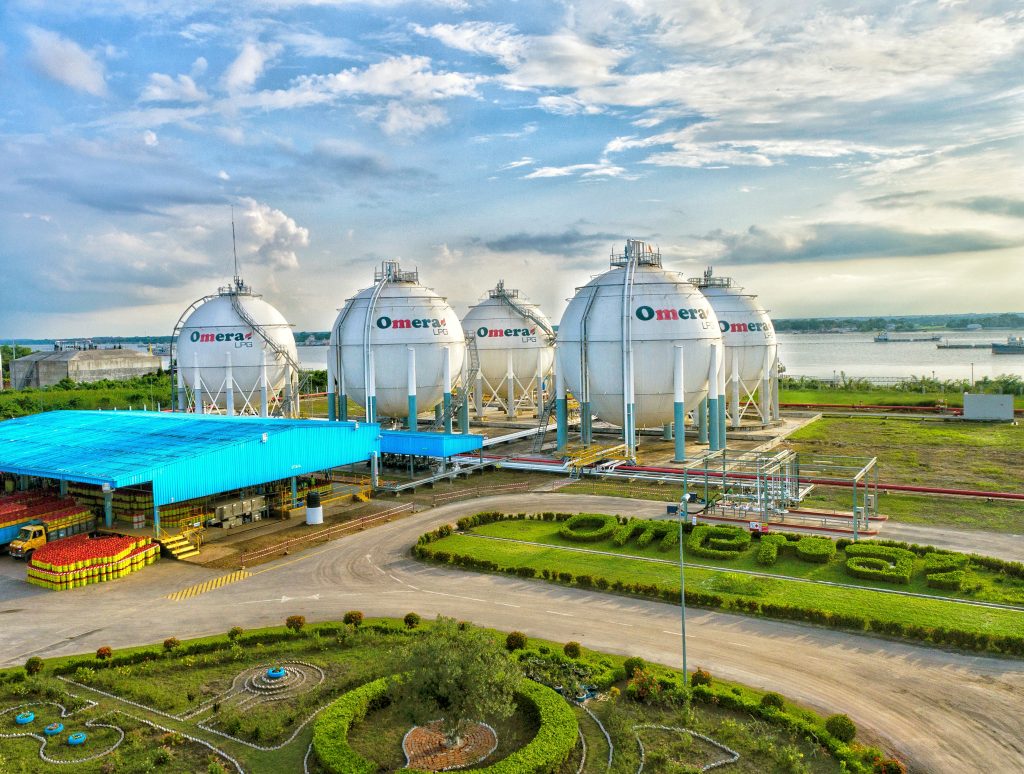
What is causing the roadblock to Solar Development in Bangladesh? Realistically, there are a number of hurdles, of which one of the major challenges is the difficulty of acquiring land. As per the government criteria, no agricultural land can be used for the solar power project. As a densely populated country with fertile agricultural land, it’s difficult to accumulate unused non-agricultural land. A 100 MW solar park, for example, would require about 300 acres of land. Although solar module technology is rapidly improving, its efficiency exceeding 22% commercially, requiring lesser area for generating per unit of power, it still has a long way to go. Until that happens, acquiring land will be a major problem for the rapid expansion of on-grid solar in Bangladesh.
Another critical challenge for solar project developers engaged in negotiating and implementing solar park opine is that Bangladesh’s solar industry is still in an infant stage and requires attention and incentives from the local authorities. The major point in this is fixing the produced power tariff of the produced power. Over the last few years, the cost of solar power generation and, therefore, the tariff offered has dropped rapidly parallel to India and China, for example.
In India, the solar tariff of 19 cents (Tk. 15.80) per unit in 2010 dropped to 5 cents (Tk. 4) in 2017. Nevertheless, following the Indian trend to fix the tariff in Bangladesh at this moment may be questionable for several reasons, such as the land surface of India is 22 times larger with vast barren lands with 6.5 hours of sunshine duration, while Bangladesh only gets 4.5 hours. Furthermore, India has already developed 20 GW of solar projects, giving them the edge in expertise, while Bangladesh still has to depend on foreign expertise and funding.
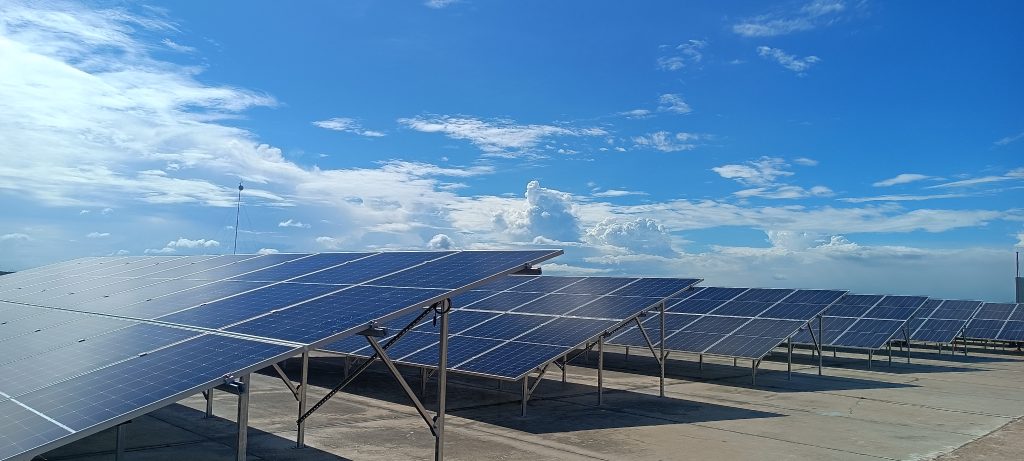
The engaged parties to solar power plants in Bangladesh find 10 cents per unit tariff offered by the authorities too low a price compared to the effort and financing involved in building a solar plant and making a profit. The Solar power industry in Bangladesh has just entered the Megawatt scale and needs incentives to grow to a reasonable strength. Tariff incentive is perhaps a vital area that makes a company decide its future in Bangladesh.
Simultaneously, considering the land scarcity; use of land for solar power (1 MW = 3 acres), it is difficult to multiply large-scale solar power plants. Choosing rooftops of industries, hospitals, schools, government infrastructures, etc., for installing a solar system and connecting to the grid is a new dynamic with an enormous prospect.
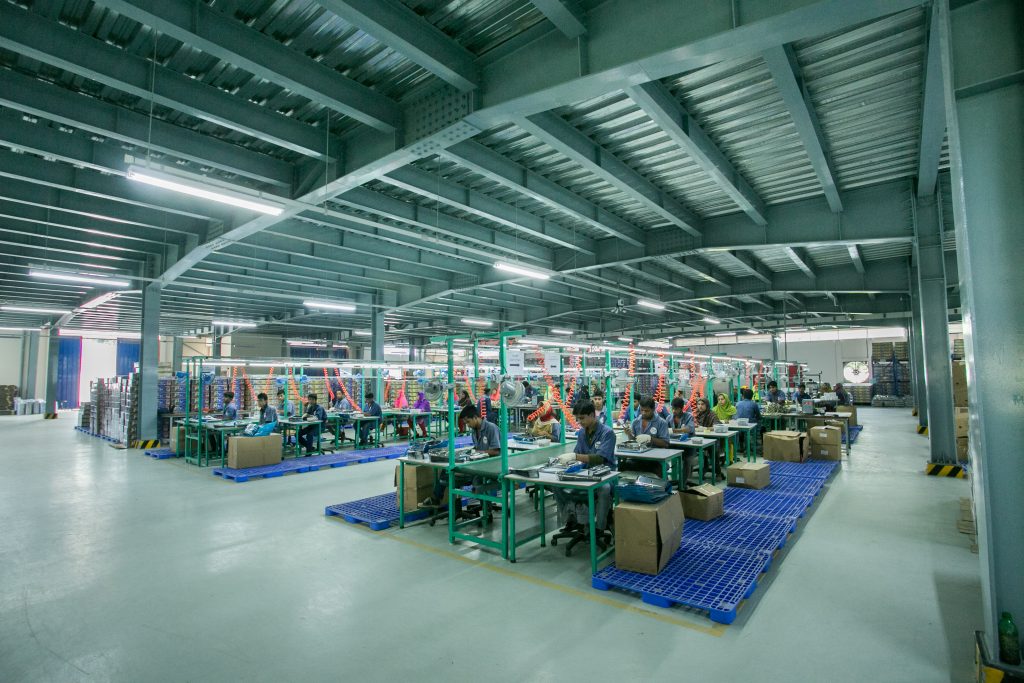
To date, 46.5 MW of Rooftop Solar has installed a Net Metered connection which is a good sign, but it can be improved further and for regulatory policies needs to be revised. Related parties raised a number of issues in finance; technology know-how, policies, tax, certification, cost of raw materials, etc. A big amount of finance is required, and technology transfer issues are important. While the solar project development demands a big amount of security deposits, local Banks are reluctant and unaware of the importance for green financing. Additionally, those who have factories in EPZ have solar plants are not getting the net-metering (NEM) facility due to a lack of response from the EPZ authority.
While the Import duty of solar panels is zero, duties on the inverter (HS 85044090) were raised by 37 % in the budget of 2021-22, which automatically increases the solar system cost as the solar inverter is a key component of the solar grid systems. For duty exemption, NBR advises collecting a license from Bangladesh Energy Regulatory Commission (BERC) as an electricity producer, which is time-consuming.
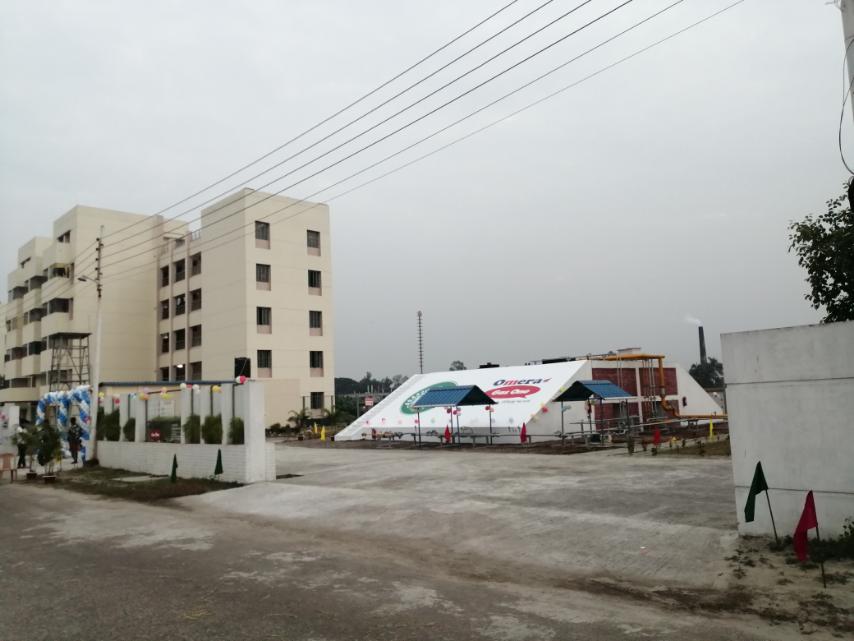
Some developers are offering a business model named ‘Capital Least Financing (CLF)’ to lower the cost of the industry, which is an Equal Monthly Installment (EMI) payment system in between CAPEX and OPEX models. When communicated by the CLF model project developers, the BERC license considers them as the industry owner and raises the question– why a developer will be provided with a license. If developers do not get a license, they cannot take tax rebates.
The net metering guideline 2018 refers to a policy mechanism that allows prosumers (the consumer who consumes and produces electric energy) to connect their renewable energy systems to the distribution grid. Thus, a prosumer can supply excess electricity to the distribution grid after self-consumption. Tax-related issues are a major concern. If the government wants to encourage green energy, there is a need to provide tax incentives, in the form of a Corporate Income Tax (CIT) reduction so that entrepreneurs are encouraged to initiate Real Time Economy (RTE).
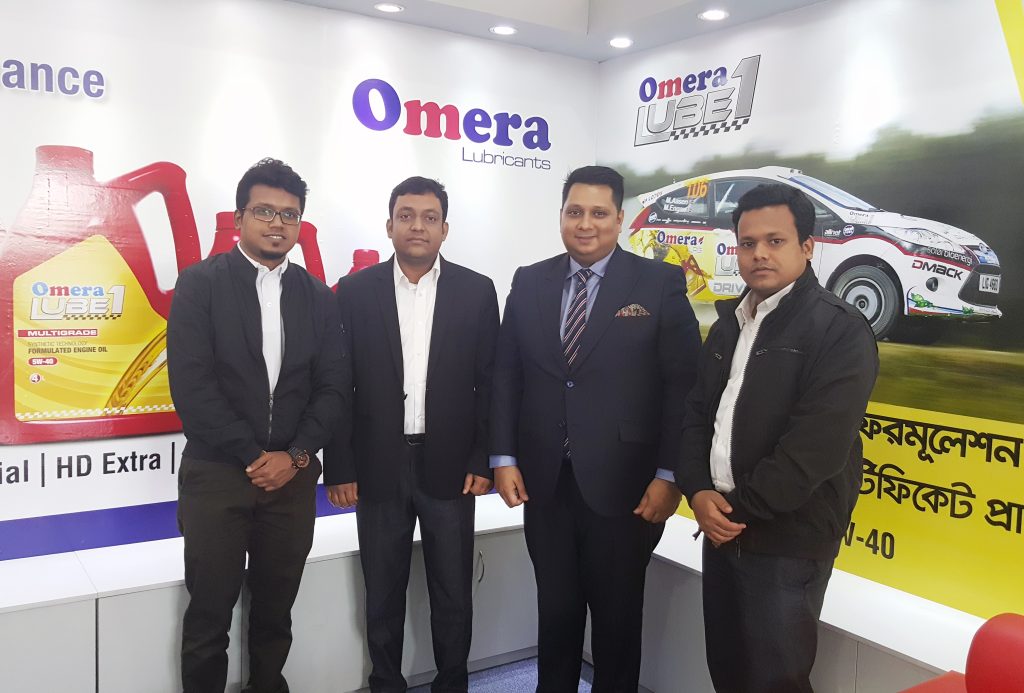
From the Global Environment perspective and as per the Sustainable Development Goal (SDG) 7, the induction of Modern Energy will play a vital role in the future of the World, and like many other countries, Bangladesh aims to contribute in building a cleaner world. However, to engage in the global renewable development standard, local developers need support from the government.
The traditional fuels are depleting, and under World politics constraints are causing hikes in fuel prices and destabilizing the energy scenario in Bangladesh, which is dependent on natural gas imports. To combat the Energy crisis, a more diversified energy mix, including a greater focus on renewables, especially solar, can be a sustainable and easy solution.
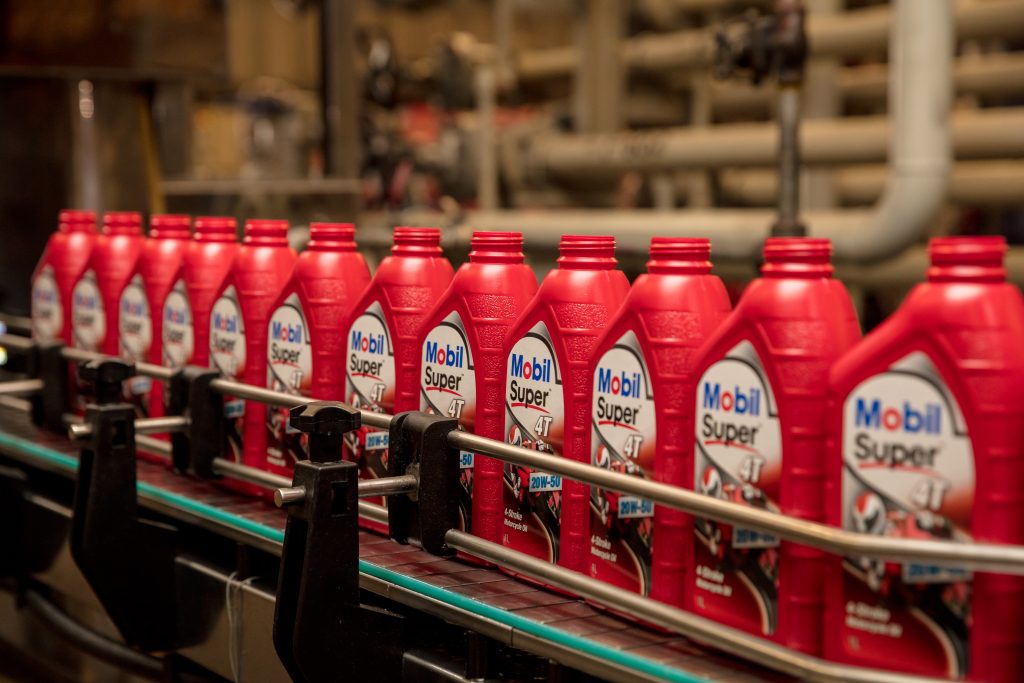
What is your observation on the energy scenario in Bangladesh? What is the East Coast Group doing to bring about a change in the contemporary situation of the country?
Bangladesh has courageously conceived many projects in the energy and power sector to address the growing and future demands of our country. H.E. Sheikh Hasina MP, Honorable Prime Minister, has paved the path forward for Bangladesh to shift to a developed economy.
Entrepreneurial drive from the private sector shall make this dream into a reality; however, consistent policies and a seamless energy supply is critical for this development and growth trend. Recent global adversities have reiterated that it is imperative for a frontier market like Bangladesh to have a diversified energy pool and not over-reliant on one single form of energy or power source.
East Coast Group is committed to remain as a dependable provider of high-quality downstream hydrocarbon solutions. We are highly specialized in ‘last mile’ operations and have the infrastructure to support the entire Bangladesh, be it with our world-renowned lubricants, greases, specialty chemicals, transformer oils, additives, LPG, integrated petroleum storage terminals, etc. We assure to adhere to the highest Safety, Health, Environment, and operational standards while doing so.
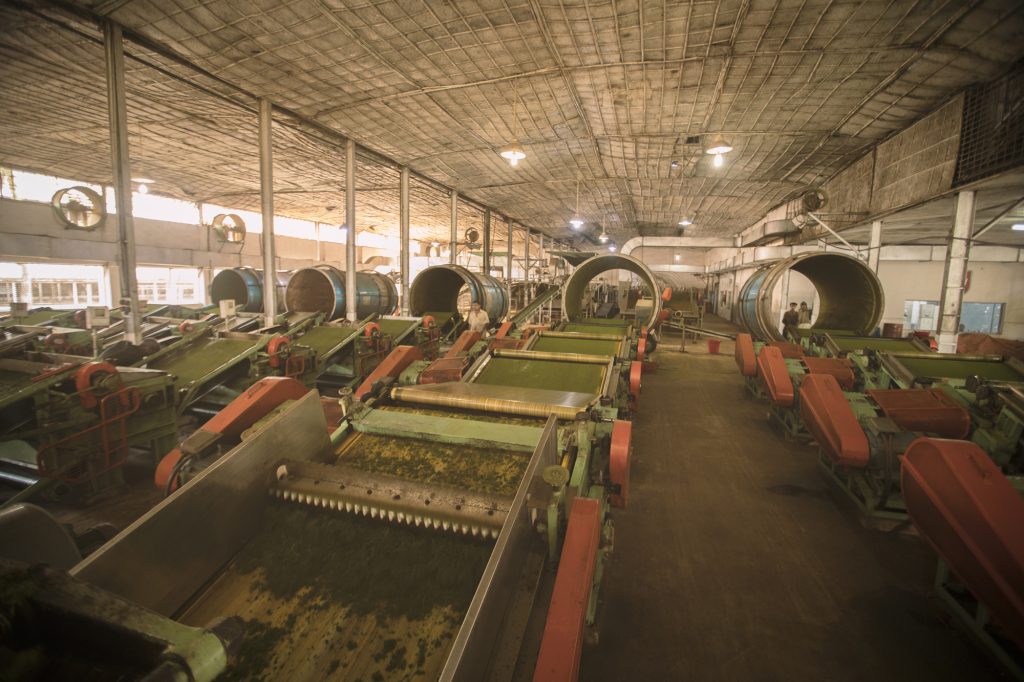
What has been your biggest challenge to date as an MD of East Coast Group of Companies, and how did you conquer that?
Our Founder and Group Chairman is a visionary; he is extremely receptive to new ideas and adaptation of automation and technology. He is always ahead of time in foresightedness and more tech-savvy than us; often, we are the ones doing the catching.
So I would say expanding our business and diversifying our risk basket without compromising our core competencies and values is an ongoing exercise. We have a lot of strategic investments in industrial land, and converting them to big-scale projects is our goal for the foreseeable future.
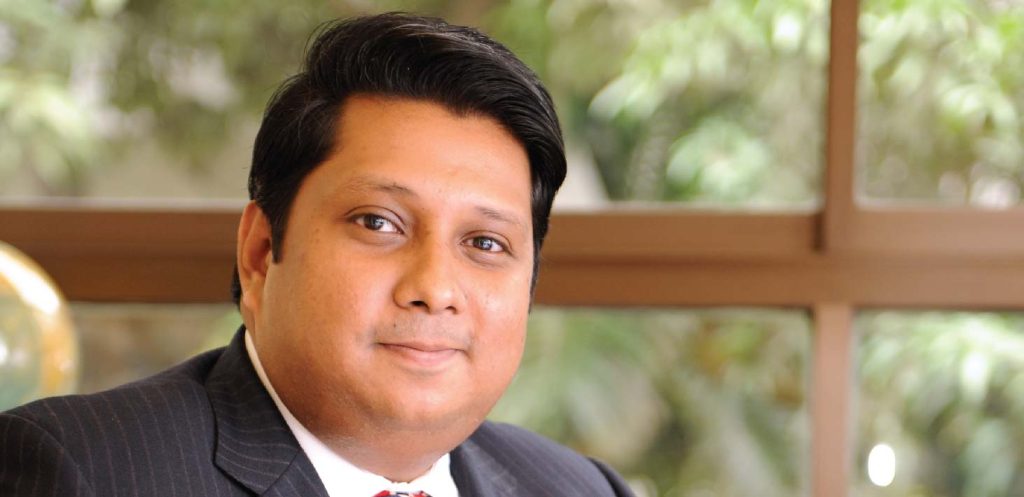
Mr. Tanjil, thousands of hearts follows you. Please say something to them.
“The world is not interested in the storms you encountered, but did you bring in the ship?” The bottom line matters the most; I learn this on a daily basis. There are usually no legitimate shortcuts; unfortunately, hard work and perseverance is mandatory.
Self Portrait
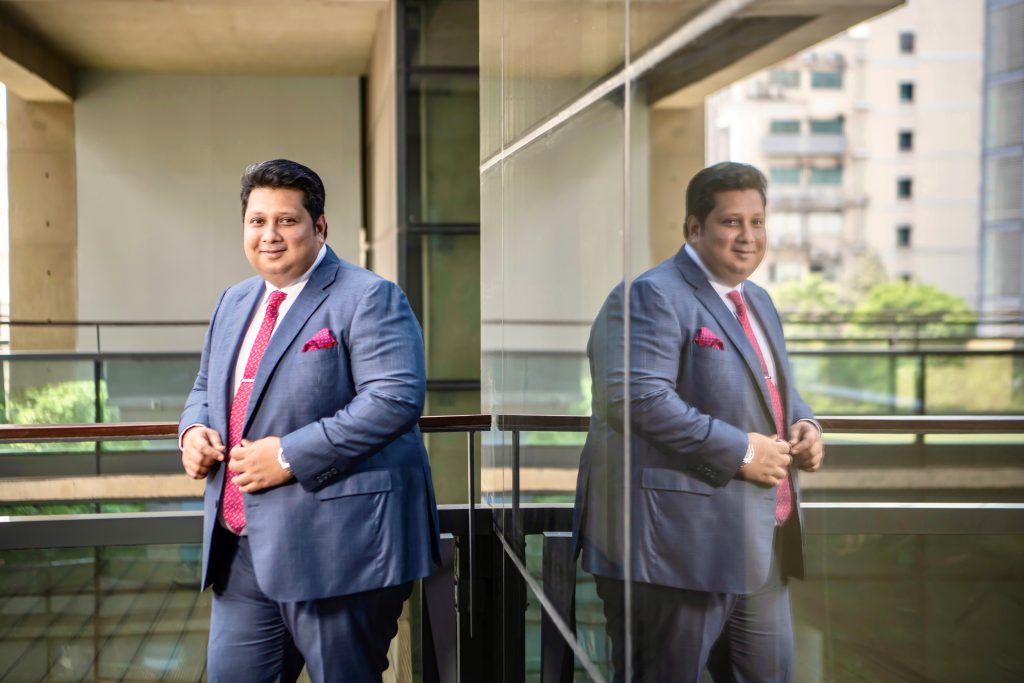
Mr. Tanjil, how would you define your long & bright professional life?
I wouldn’t define my professional career with either of those adjectives; however, I must concede that it has been a splendor of learning for 14 years. So the line “and miles to go before I sleep” from a poem by the great Robert Frost seems fitting here.
Readers want to know your childhood and experience of growing up.
Contrary to what many may believe, I was always a quiet and introverted child. I had my share of shenanigans, but I felt that I was always more mature than the next kid. I was a curious child; I wanted to try everything and seek more and more about whatever I found interest in. In school, I got into a bit of trouble; I pestered my teachers all the time. However, they all still loved and adored me, probably because I was awfully creative whenever I got into mischief with my alibis.
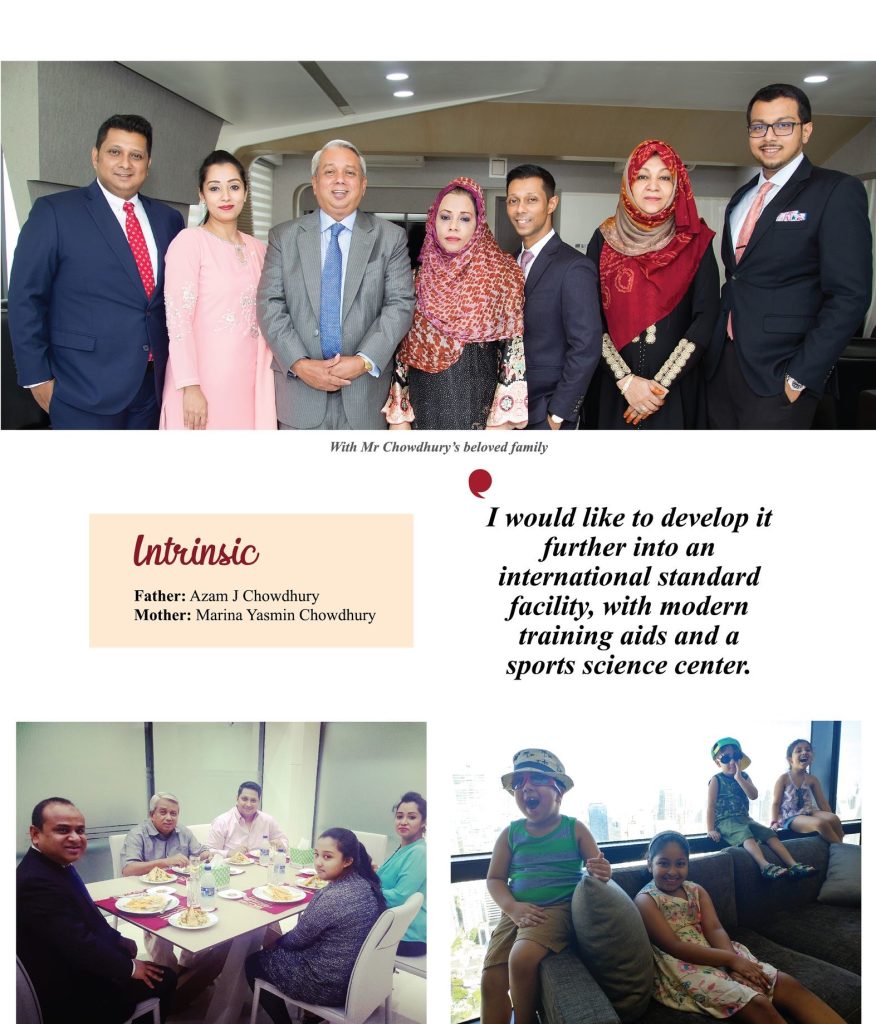
What factors have influenced you the most and helped to become the person you are today?
My father, who had always been my confidante, taught me to be strong in the face of adversity from a very young age. Any inch of empathy, kindness, and warmth that I may have today has come from my mother. I was blessed with a close-knit of friends; those cherished bonds were always a support system for me; I was blessed with having exceptional company most of my life.
What is your life philosophy?
Live in the moment and not for it! Enjoy the little things in life, including self-actualization, which doesn’t come by easily or hastily. Every person must go through the journey of finding oneself, “If you don’t know thyself, how would you unto others”?

Mr. Tanjil, what’s your plan for Bangladesh and its native people?
I consider myself a Bangladeshi first and foremost; my sovereign identity takes precedence above all else; next would be ‘Sylheti’, that is my paternal and maternal land of origin. I am running a cricket academy in my hometown as an homage to my mother and in her namesake “MYC Cricket Academy, Kulaura”.
I would like to develop it further into an international standard facility, with modern training aids and a sports science center. That would be my contribution to the people of my land, and juvenile delinquency is on the rise, and so are anti-social behavior and mental health issues among the youths. Sports are a viable and great modality of channeling that energy, especially for youngsters who are so impressionable to negativity in our society.

Bangladesh itself is so full of potential, and if I could make any meaningful impact on its progress, I would consider myself worthy of being a son of its soil. I have great aspirations to empower the people of our nation by enabling tech for financial, energy, and agricultural inclusion and innovation.
People’s hardships, poverty, and privileges are circumstantial; technology has the ability to endow a level playing ground for all and makes us an inclusive society. It is a systematic failure for all of us if the formidable ‘gap’ between the rich, affluent, and the poor does not diminish or substantially alleviate. My efforts shall always remain assured on this viewpoint.
The InCAP: It was such a pleasure talking to you. Thank you, Mr. Tanjil Chowdhury!
Tanjil Chowdhury: Such a pleasure for me. Thank you so much to all of you. All the warm wishes for The InCAP!
Quick Chat
The greatest achievement of your life as of now
Fathering four beautiful children.
How do you define patriotism?
Abiding by rules, being a conscious, selfless, and kind Samaritan.
The greatest philosopher in your view
René Descarte for illuminating my spiritual side.
Edgar Allen Poe for teaching me to acknowledge the dark.
Meaning of “Success” to you
“A society grows great when old men plant trees in whose shade they shall never sit.” – When one’s actions not only benefit themselves but also those around them, that, to me, is a success.
Your Icon
My Father, Azam J Chowdhury.
Name the most influential books you have read
The Iliad & The Odyssey by Homer
Great Expectations by Charles Dickens
Moby Dick by Herman Melville
Animal Farm by George Orwell
What did you want to be when you were a child?
I wanted to be a paleontologist; during my early childhood I was fascinated by fossils (little did I know as an adult I would be working directly with fossil fuels).
Which is the best gift you’ve ever received?
A very rare, constructive and hard-earned compliment from my father.
Your greatest fear
Humanity devoid of any empathy.
Favorite Poet and Author
I have mentioned Edgar Allen Poe already, I have immersed myself in the works of Isaac Asimov and how can I not mention Kazi Nazrul Islam, Humayun Ahmed and Tagore.
What motivates you?
Looking forward to vacations and breaks. Downtime is really important.
How do you want to be remembered?
Through my work and the memories left behind with my loved ones.
Your favorite holiday destination
Lombuk, Bali, Indonesia a place that resonates with my soul.
Best piece of advice you’ve received
“If you lose your temper, you lose the battle”.
You in only three words
Decisive, Sartorial, Golfer.
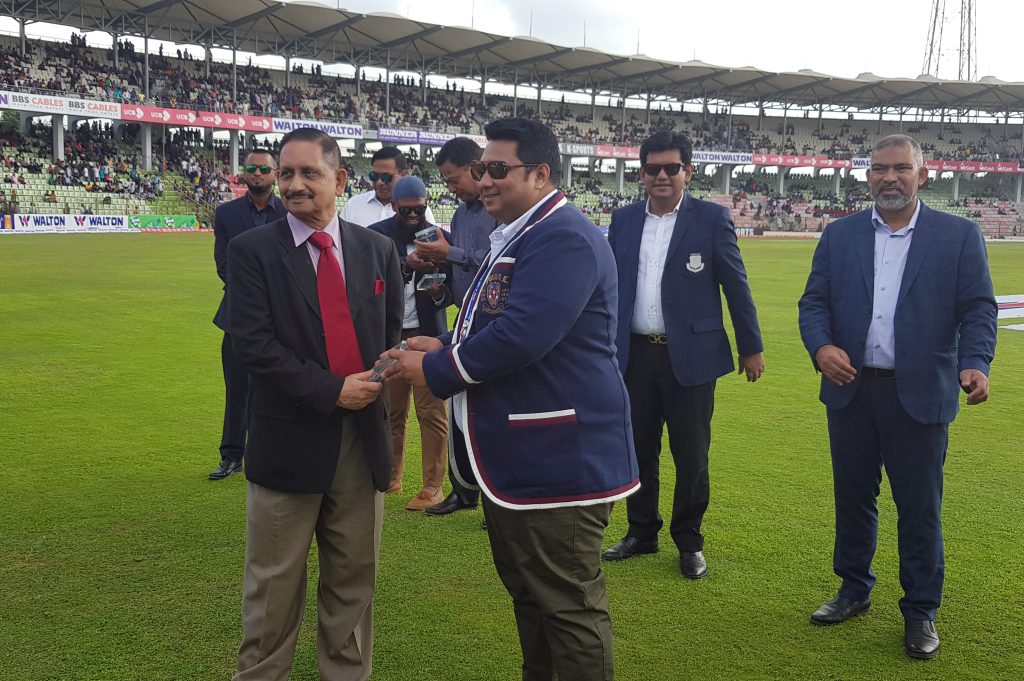
Skill Set:
- Financial Analytical Skills
- Presentation and Spreadsheet skills is critical for all industries
- Problem solving and distress management are important skill sets to develop the ability to work under pressure or adversity
- Project feasibility and Forecasting reports are important skills which would differentiate an average talent from an exceptional one
- Fact finding and research skills (both practical and empirical)
- Etiquette, communications, appearance and grooming makes a big impact on stakeholders
To acknowledge more Cover Stories, Please Click Here!



